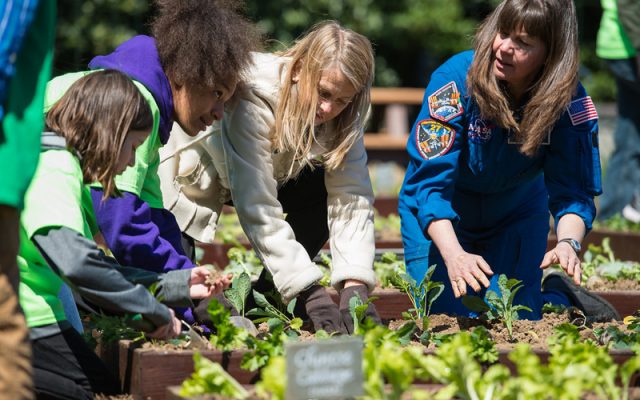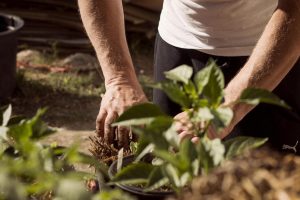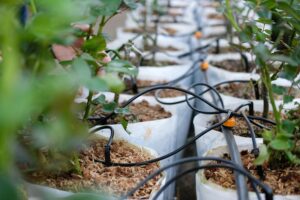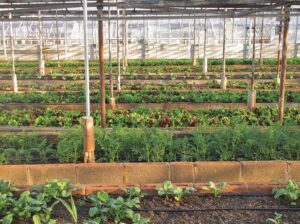8 Reasons Why Gardening is Important for Students to Learn?

What can be more beneficial and healing than nature? Staying in touch with nature is therapeutic itself. Today when the students are facing pressure from their peers as well as the competition, there has to be an activity by which they can release their stress.
Wondering what are the benefits of gardening for students? What lessons can be taught in a school garden? Well, let’s check it out….
One of the best ways to do this is to get closer to nature. And Gardening is one of the ways to do so.
Gardening is a process where a person plants a seed, gives it appropriate conditions to grow, and takes care of it. It is a hobby for many and it channelizes your time to something meaningful.
Gardening can help students to cope up with the pressure and rows healthy. It impacts their mental, emotional, and physical aspects and thereby improves their quality of life.
So, let see some of the major benefits of Gardening.
Benefits of Gardening for Students

-
Gardening engages all senses
While gardening students use all sense organs. Children can see and touch the various types of plants, smell beautiful, vibrant flowers scent. Also, they can hear the humming and chirpings of birds, insects and also taste fruits or vegetables. These sense organs help them to rasp the knowledge that comes with gardening.
-
Encourages healthy eating
A Child when does all things from planting the seed to harvesting the vegetable, they give him a sense of satisfaction and pride. And hence start consuming these healthy vegetables.
-
Enhance their motor skills
Moving pots, bending, pouring water from big water can, plucking weeds, etc. involves lots of muscles. And hence gardening improves their motor skills and overall physical strength.
-
Stronger family relation
Gardening can bring the family together. Parent and child together plant seeds, take care of them, and watch them bloom. Children can understand how their parents take care of them as they are taking care of plants.
-
Responsibility
Students can develop a sense of responsibility by gardening. They feel the responsibility to take care of the plant, watch out for its needs and provide them. And thereby gardening can inculcate seeds of responsibility in them.
-
Care for Environment
Staying close to nature helps them to understand the abundance that it provides. They start feeling grateful towards her and develop a sense of responsibility towards it.
-
Patience
Gardening can teach students how patience and hard work can bloom into tasty ripe fruit.
-
Problem-solving
Throughout gardening they have to face different difficulties like pests, weeds, any kind of diseases in plants and have to find solutions for it. This can build their problem-solving skill and make them solution-oriented.
What lessons can be taught in a School Garden
– Math
Gardens provide students an opportunity to learn mathematical concepts out of classrooms. For instance, they have to measure the soil depth at which seeds have to be planted, how many seeds they can plant in a given plot of land, etc.
– Biology
Gardening can be a wonderful practical class for a student to learn biology. They can see how a seed turns into a plant, analyze different parts of plants. Also, they understand the importance of sun, water, and soil quality for the growth of a plant. They can also see various kinds of birds, insects, and worms in the process.
– Geography
A student can learn the condition in which a plant grows. Understand and learn various plants need different conditions, understand soil topography, soil erosion, soil porosity, etc. They can also learn about plants that grow in a certain place.
– Arts
Nature can be the best inspiration for a young artist. They can find several examples from nature to paint or draw.
Impact of Gardening on Students
- Students engaged in gardening are more enthusiastic and motivated.
- They start appreciating nature and care for the environment
- It increases the problem-solving capacity of students.
- It increases knowledge with more practical experience.
- Students who engage in any such activities are more active and healthy.
- Students develop compassion in them for every living creature.
Conclusion of gardening in school
Gardening is an outdoor recreational activity. This activity is a very beneficial and fun activity for a student. Moreover, they can learn several things from it. It can be a perfect activity for a student to diverge their mind from studies and pressure. They can relax while staying close to Mother Nature.








